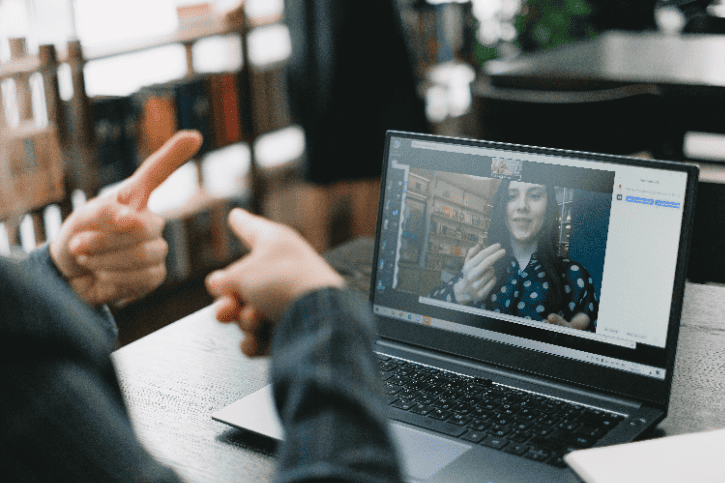The Humber and North Yorkshire Disabled Staff Network is developing with the vision of supporting Deaf, Disabled and neurodivergent employees with a long term condition/s to feel safe to be themselves and able to thrive at work. Working in a solutions-focused way, with a social model understanding of disability and promoting anti-ableist approaches, we recognise that empowering our disabled members and/or colleagues through peer support is a core activity of the Network.
1 in 5 of the working age population are disabled as would be covered by the Equality Act’s definition of disability. The incidence and likelihood of having (multiple) impairments increases with age, with 1 in 3 people aged 50 or over have at least one impairment. In addition, 80% of disabled people have conditions / impairments that are ‘invisible’. The impact and manifestation of ableism, bias, and stereotyping are some of the factors that probably contribute to the fact that many people with long term conditions or impairments, who would meet the definition, don’t identify or want to use the term ‘disabled person’. As a Disabled person myself, a barrier I recognise is that many non-disabled people perceive disability and what it is to be a disabled person to be different from the reality of my (and many other disabled people’s) lived experience.
In lockdown, all kinds of accommodations were made, remote (from home) access to employment, meetings education, health and other services. These accommodations made things more accessible for many disabled people, and now they fear, and are experiencing those accommodations disappearing, as the world appears in a rush back to normal.
On a personal level, as a Disabled person, home-working has immeasurably improved my work-life balance. My energy, is no longer focused on having to anticipate barriers, attitudinal and physical…will I access to a blue badge parking bay? Will the lift be working? Things that my non-disabled colleagues will hardly give a second thought to (access to and around the workplace / meeting) but had for me caused a heavier emotional labour than I had even realised.
Having worked around equality my whole career and always working to advocate the social model – that people with impairments are made disabled by the barriers and not by their conditions or impairments, it took a pandemic for me to absolutely be living the social model. Working from home, my home is fully accessible, and reasonable adjustments reviewed and in place, in a working capacity, I have been able to participate and achieve so much more. I’m really beginning to thrive, not disabled at all! Only in the physical work / meeting space do I potentially become / am made disabled and that has been quite the revelation!

It is the reason I am such an advocate for hybrid working as it offers the innovation and potential (where reasonable) to make work more inclusive for so many other disabled (and non-disabled) people – transferable too, to the design of the services, the offer we make to our customers / patients. For example for the immunocompromised employee customer, or patient, remote working, the offer of a service / consultation online, is inclusive and, reduces the anxiety they are experiencing as a world unmasks and abandons social distancing. (This link to the article on masking, explains more about disabled people’s experiences at work – the positive impact remote working has made for many.)
The Disabled Staff Network of Network is a really exciting opportunity to raise awareness of and work collectively to remove the barriers to employment and progression in employment experienced by disabled employees. By using our diverse lived experiences, offering insight and innovation, we can inclusively develop employment (including leadership) opportunities and services to meet diverse needs, as we find new ways of working beyond lockdown and pandemic.


